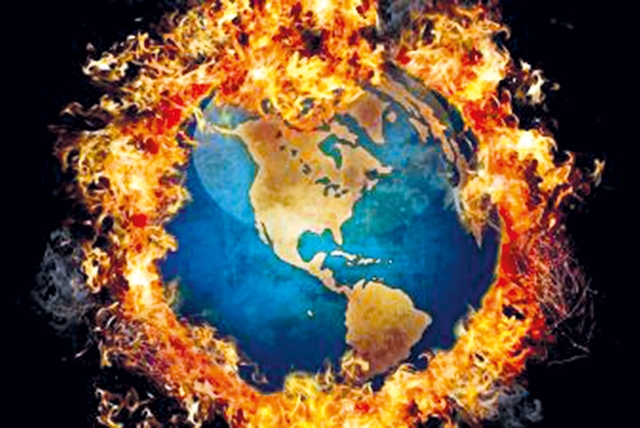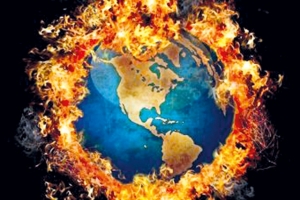They Are Now Saying that Economic Growth Is Bad
Op-Ed
In my previous article on economics, I was falling over backwards to prove that growth is good because there exists a viable general notion that the world needs economic growth for survival. This is at least what I have deemed right my entire life. I was taught to take it for granted that economic growth enhances quality of life and promotes social stability. But all of a sudden, I come across a curious publication by a competent author who says that part of the contemporary world is taking growth as a dilemma, emphasizing that currently, a number of world leaders, prominent economists and wealthy individuals are rebuffing the idea of boosting material well-being because it is much more important to take care of the world’s endangered environment.
This statement comes across as a humongous discrepancy compared to our not-very-long-ago thriving theory of economic development. The newly-hatched economic idea says that a reasonably acceptable standard of living could easily be sustained without any growth in material resources, badly needed to feed and clad people around the globe. In a word, what has always been taken as the highest good in Mankind’s material life right now is declining in importance for the sake of physically salvaging the world from destructive human hands; the social concept of concentrated growth is receding and the idea of slow or no-growth is its substitute. “The greater material progress, the better the quality of life” is no longer an undeniably practicable declaration, accentuating that growth has desisted to be an unquestioned priority.
The modern environmentalist lingo is becoming replete with new terms and notions, like: degrowth, growth danger, green agenda, green capitalism and green piousness, environmental piety and environmental left, climatistas, carbon legacy, maggot sausages, tree-huggers, feudal economy comeback, reduction of economic wealth, return to a more primitive state of existence, carbon emission reduction via recessions, and what not. All these neologisms and views have been coined by overly exulted green zealots and belligerent progressives who think that quality of life is a second-rate concern compared to keeping up the environment which is deteriorating “on an hourly basis”. Well, this might be fair enough, except it is totally contradictory to human welfare and security. Imagine Georgia without economic growth and its people remaining forever in darkness and stagnation without any prospect of a better life, including healthier nourishment, improved housing, nicer cars, longer leisure time, cleaner air, lower unemployment, superior education, affordable entertainment, pleasurable rest, hi-tech medication, enhanced usage of modern gadgets and more comfortable retirement. Well, we are not exactly an environmentally-conscious nation, but we know the price to wholesome food and a salubrious environment.
We are also aware of the value of a heightened standard of living, as cherished and awaited as it has been in the last hundred years, since the time of Georgia’s sovietization in 1921. Georgia respects Mankind’s environmental concerns and knows that the situation with pollution here is more than dire, but Georgia cannot afford slow or no-growth even if the environment suffers greatly due to indispensable economic growth. Georgia has myriad reasons for this kind of attitude: slow growth is like a time-bomb: it can easily trigger social disorder; it is perilous for livelihood; it threatens retirement facilities; instigates economic uncertainty, followed by higher prices on almost everything, and perceptible disparity between the members of our society in every walk of life.
To compound the suggested analysis, degrowth means elimination of our stable future even in terms of our physical survival. So the propensity of progressives to discard the significance of economic growth is acutely conflicting with Georgia’s chances of wellbeing no matter how removed this idea seems to be from contemporary understanding of wellbeing by a green zealotry. Tree hugging and kissing might sound like regular human romanticism elevated into a freshened, albeit slightly weird world order, but it smells like disaster for this country. How about looking after the fox and the geese at the same time to keep them both intact? This might be an ideal case for Georgia to stay alive and kicking. As President Reagan would put it, there is no such thing as a limit to growth.
By Nugzar B. Ruhadze











